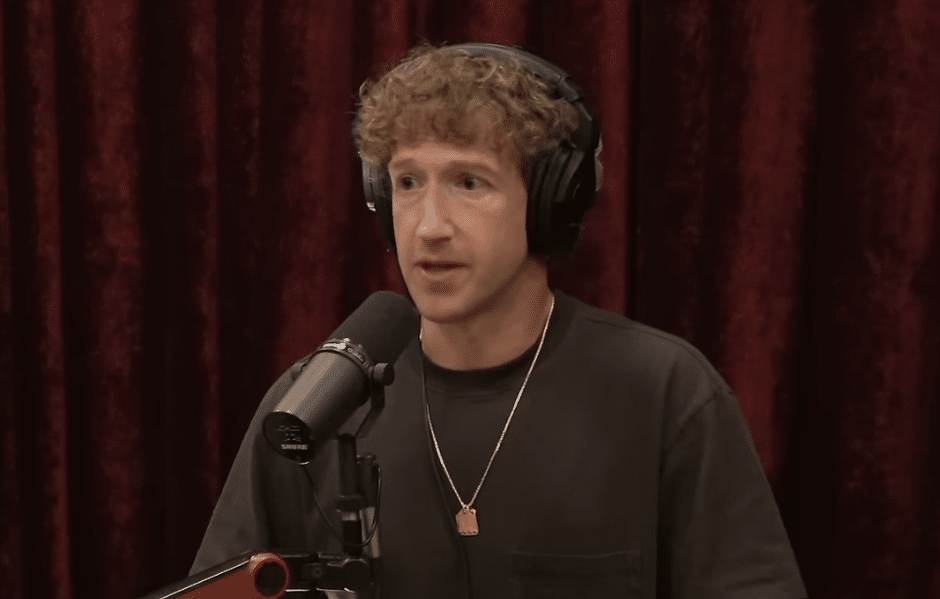
The left-wing media is melting down over Meta founder Mark Zuckerberg’s recent decision to move Meta toward more of a free environment by rolling back the politically charged “third party fact checking” that has become largely biased over the past eight years.
Perhaps inspired by fellow tech founder Elon Musk’s acquisition of X (formerly Twitter) and eventual endorsement of President Donald Trump, Zuckerberg is showing a newfound interest in Trump’s approach to free speech.
Last week, Zuckerberg announced that Meta will end it’s controversial “third party fact checking” – which largely promoted mainstream views while flagging alternative viewpoints – and replace it with a community-driven system similar to what has become commonplace on X.
In a video announcing the change, Zuckerberg admitted that fact checkers have eroded public trust with their blatant bias. “Fact checkers have been too politically biased and have destroyed more trust than they’ve created,” Zuckerberg said. “What started as a movement to be more inclusive has increasingly been used to shut down opinions and shut out people with different ideas, and it’s gone too far.”
Mainstream media, largely the beneficiary of the draconian “fact-checking” system that became the enemy of free speech, is melting down at the loss of power.
The American people, however, are calling for more transparency from tech companies with regard to their “fact checking” agendas and say they believe social media companies are generally unfair and biased against Republicans.
A new YouGov survey covering Americans’ views on social media and free speech found that the public says by a 34-point-margin – 60 percent to 26 percent – that social media companies are not transparent about their fact-checking processes.
The public says 66 percent to 17 percent that more transparency is needed from social media companies when it comes to regulating speech on their platforms.
The public also says by a full 37 points – 57 percent to 20 percent – that social media companies are generally biased and unfair when it comes to fact-checking and censorship of opinions shared on their platforms.
The largest share of Americans – 28 percent – assert that social media companies are usually biased in favor of Democrats, compared to sixteen percent who say the companies are usually biased in favor of Republicans and 26 percent who say the companies are not biased either way.
Americas also say by nineteen points – 51 percent to 32 percent – that excessive censorship of diverse views is a serious problem on social media platforms.
The tide is turning in favor of free speech, which is a powerful sight to behold considering just a few years ago it appeared like the battle for free speech on mainstream social media platforms was hopeless.
However, with Musk’s acquisition of Twitter in 2022 a new precedent emerged, and with Trump’s successful reelection in 2024, tech influencers may be rethinking their allegiance to the draconian anti-free-speech agenda.
Whether Silicon Valley’s nod to free speech is simply an attempt to cozy up to the current administration remains to be seen. But Americans must continue to demand free speech in every influential public space.
Manzanita Miller is the senior political analyst at Americans for Limited Government Foundation.






